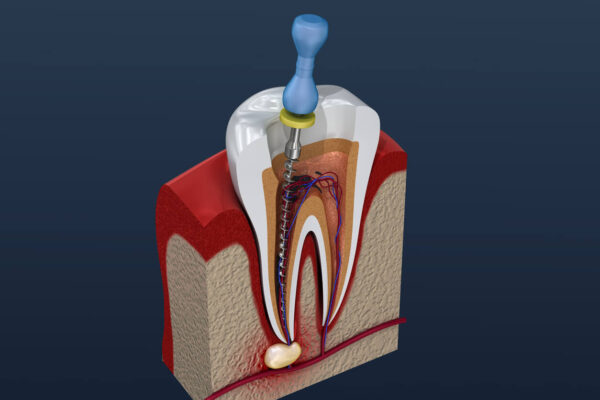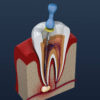

Free
Embark on a transformative journey with our exceptional range of medical treatments. As a leading medical tour operator, we offer a comprehensive selection of world-class treatments and procedures to address your unique healthcare needs. From advanced surgeries to cutting-edge therapies, our team of experienced professionals is dedicated to providing top-notch care and ensuring your comfort and satisfaction. Discover a new level of healthcare excellence with our tailored treatment options. Book now to start your journey towards a healthier and happier you.
Standard root canal treatment, also known as endodontic treatment, is a dental procedure aimed at treating the infected or inflamed pulp of a tooth. The procedure involves the removal of the diseased pulp, thorough cleaning and shaping of the root canal system, and the subsequent filling and sealing of the canals to prevent recontamination. This treatment is designed to save the natural tooth and alleviate pain and discomfort associated with pulp infection or inflammation.
Standard root canal treatment is suitable for individuals with teeth that have infected or inflamed pulp. It is typically recommended when the pulp is irreversibly damaged due to deep decay, trauma, or other factors. The treatment aims to preserve the natural tooth and restore its functionality.
Standard root canal treatment may not be suitable for individuals with certain systemic diseases, uncontrolled diabetes, chronic liver disease, chronic kidney disease, or certain blood disorders due to potential postoperative complications. Additionally, individuals with psychological illnesses or those who are pregnant may not be suitable candidates for this procedure.
Before undergoing standard root canal treatment, a comprehensive assessment of the affected tooth is performed by a dental professional. This may involve a review of the patient’s medical history, evaluation of any existing dental conditions, and the use of imaging techniques (such as X-rays) to assess the extent of pulp involvement. Preoperative care may also involve discussing the treatment plan, potential risks, and expected outcomes with the dental professional.
After standard root canal treatment, postoperative care may involve managing pain and discomfort, as well as following specific instructions provided by the dental professional. This may include taking prescribed medications, practicing good oral hygiene, and attending follow-up appointments to monitor the healing process. It is important to follow any dietary restrictions or recommendations provided by the dentist to ensure proper healing.
Only logged in customers who have purchased this product may leave a review.
A pulpotomy is a dental procedure that involves the removal of a portion of the pulp tissue from the crown of a tooth. It is typically performed on primary (baby) teeth or young permanent teeth with infected or inflamed pulp. The goal of a pulpotomy is to preserve the tooth and maintain its functionality.
Pulpotomy is suitable for individuals, especially children, who have primary teeth with extensive decay or trauma that has resulted in pulp inflammation or infection. It is also performed on young permanent teeth with reversible pulpitis, where the pulp can still heal and regenerate.
Pulpotomy may not be suitable for individuals with certain systemic diseases, uncontrolled diabetes, chronic liver disease, chronic kidney disease, or certain blood disorders due to potential postoperative complications. Additionally, individuals with psychological illnesses or those who are pregnant may not be suitable candidates for this procedure.
Before undergoing a pulpotomy, a comprehensive assessment of the affected tooth is performed by a dental professional. This may involve a review of the patient’s medical history, evaluation of any existing dental conditions, and the use of imaging techniques (such as X-rays) to assess the extent of pulp involvement. Preoperative care may also involve discussing the treatment plan, potential risks, and expected outcomes with the dental professional.
After a pulpotomy, postoperative care may involve managing pain and discomfort, as well as following specific instructions provided by the dental professional. This may include taking prescribed medications, practicing good oral hygiene, and attending follow-up appointments to monitor the healing process. It is important to follow any dietary restrictions or recommendations provided by the dentist to ensure proper healing.
There are no reviews yet.
Only logged in customers who have purchased this product may leave a review.
Choosing the right hospital and physician are important factors to consider that significantly influence a patient’s treatment. The preferred choice for many patients is choosing private care.
Choosing the right hospital and physician are important factors to consider that significantly influence a patient’s treatment.
Reviews
There are no reviews yet.